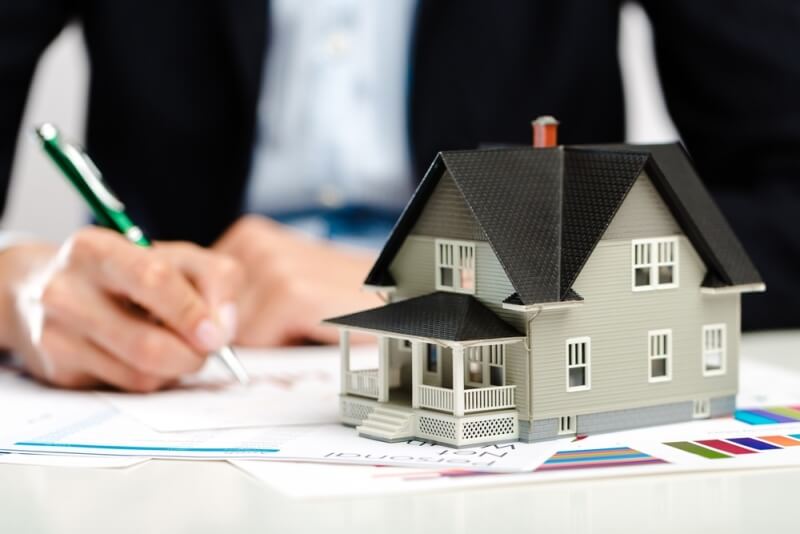Owning or renting a home is one of the biggest debates most people have at some point. There are a number of points on both sides worth considering. It will usually come down to three basic issues: responsibility, finances, and freedom. By looking at these issues, the debate comes down to a few basic questions over which one is better for you.
The Responsibilities That One Needs to Consider
When you own a home, you have to make sure that you have everything in good condition, from the dishwasher and range down to the hardware for barn doors. If broken items need to be replaced, it can come down to who actually owns the house. A person who is merely renting can reasonably expect the landlord to keep everything in good condition, assuming standard use. However, if you own the home, keeping it in working order falls on you.
The point here is that a renter does not need to pay for repairs and part replacements that are part of standard use; while they are responsible for simple maintenance. It is the person that they are renting from who is responsible for all of the major maintenance.
This can be both good and bad. If you are the responsible party, this means that you are the one responsible to make sure that everything is properly maintained and that they need to pay for it, while a renter only needs to make sure that the place is kept clean.
While this does mean that an owner will be paying a lot more than the renter, it also means that the owner can usually do more on their property. While a renter cannot raise food on the property or has limits on their activities, an owner can and has fewer limitations. This means that while the renter does not need to deal with maintenance, he also lacks the potential freedom an owner has.
And Then There Are The Finances
The most obvious difference is that an owner has to worry about finances far more than a renter. Not only does the owner have greater expenses, but they also need to deal with property taxes and other annual issues. While a renter needs to worry about the possibility of his rent increasing, his financial responsibilities are somewhat smaller; outside of utilities, he does not need to worry about the same financial issues as an owner.
Of course, this also means that an owner needs to worry about increasing the value of his investment, and so there is a major worry about curb appeal and other issues, but there is the practical reason that those issues also help the person recoup their investment, which is not seen as a completely bad thing.
Freedom and Ownership Versus Renting
While there are many things to consider when owning a home, one of the major advantages is that you have far more freedom than a renter does. That is, while a renter may need to deal with limited hours of activities, you cannot have people over and you can have larger parties. It also means that you can plant flowers or gardens without having to ask someone for permission. While you may have to ask the city for a building permit for some projects, you do not need to ask permission from others to build a deck or pool.
However, an owner is also stuck where there are. That is, an owner cannot up and leave without major repercussions, not the least of which is that doing so means that you would need to sacrifice the investment of your home. You need to sell your home in order to recoup your investment.
A renter does not have the same limitation. If a renter decides to up and leave, they can do so with little problem. While they need to break a lease and may be subject to some financial penalties, it still remains that a renter who wants to leave has fewer reasons to stay around than an owner does.
With all that in mind, it is relatively easy to determine whether owning or renting is in your best interest. While owning may not be for everyone, neither is renting; everyone has their own situation and so they need to do what is best for them and everyone needs to keep their situation in mind. However, before you go either way, debate which one works best for you and go for it.



